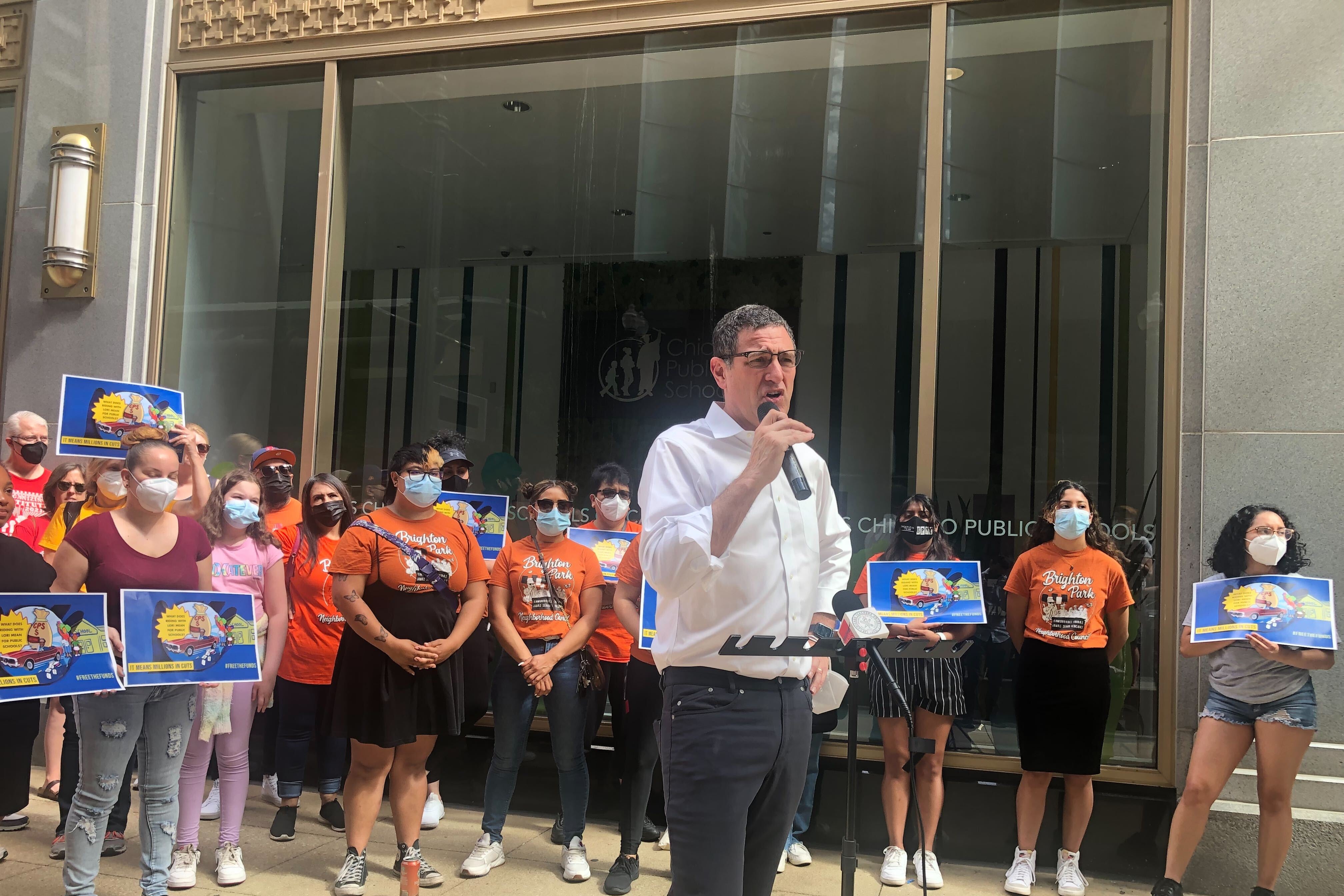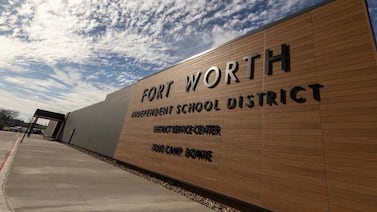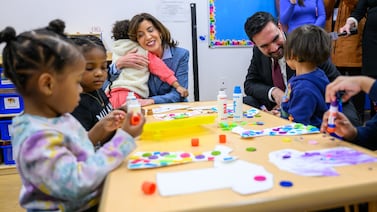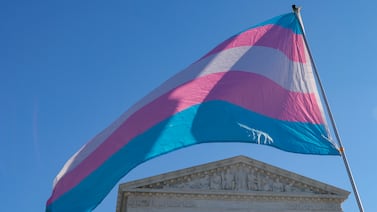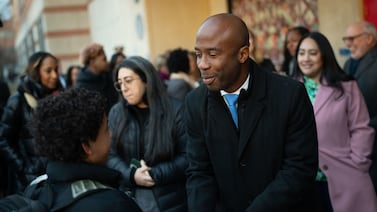Chicago’s Board of Education unanimously approved the district’s $9.4 billion operating and capital budget for the 2022-23 school year, designating that half will go directly to schools’ budgets.
During Wednesday’s board meeting, members urged district leaders to make a plan for how to manage resources once federal COVID relief funds expire in 2024.
The approved spending plan is a $200 million – or about 2% – increase over the previous year’s budget. It includes $8 billion in operational expenses, $645 million in school infrastructure improvements, and $769 million to service the district’s debts.
But parents and union leaders argue that schools are still not getting what they need to address academic and mental health fallout from the pandemic.
CEO Pedro Martinez said CPS will focus on academic and mental health recovery. The district, he said, was trying to use federal funds to give the district a “runway for three years.”
About $4.6 billion will go directly to schools— a slight increase over this school year. The district has increased per pupil spending by about 8% even as the district has seen enrollment declines accelerated by the pandemic.
The district will add 1,600 teaching and staff positions. It will also include $100 million for early childhood programs and $30 million for summer school programming.
CPS leaders said Wednesday that the district has spent about 45% of $2.8 billion in federal emergency COVID relief funds so far. They plan to spend another $730 million of those dollars for the 2022-23 school year.
Outside Chicago Public Schools headquarters before Wednesday’s meeting, community organizers denounced the district’s spending plan. Jazmin Cerda, a parent organizer with Brighton Park Neighborhood Council, said the district should fully restore budgets at schools that saw cuts to continue to help with the fallout from the pandemic.
Under the initial capital plan, the district looked to build a high school on the Near South Side. But Martinez removed the high school from the capital budget agenda ahead of Wednesday’s vote amid mounting criticisms.
As part of the $644.5 million in capital investments, the district will focus on repairing roof and mechanical systems, modernizing restrooms, and making school buildings ADA compliant.
According to a presentation from district officials, Near West Side schools are set to receive over $58.7 million in repairs. Albany Park schools will see $23.4 million, West Town will see $18.6 million, and Belmont Cragin schools will see $15.6 million in repairs.
During Wednesday’s City Council meeting, Mayor Lori Lightfoot also announced plans to spend $115 million from special taxing districts on the city’s public schools. Among the projects that could be funded by tax increment financing, or TIF, funds are: $12.42 million for Whitney M. Young High School, $11.51 million for Hope Learning Academy, and $10.13 million for Charles R. Darwin Elementary.
The district first announced its campus budgets in April, drawing criticism because the preliminary proposal called for budgets to shrink on 40% of campuses amid significant pandemic-era enrollment losses, even though the district allocated more dollars to schools overall.
Advocates called for holding school budgets harmless for the third year in a row as the city’s schools continue to navigate the impacts of the pandemic. The district restored about $24 million in funding as part of the 2022-23 budget.
Mauricio Peña is a reporter for Chalkbeat Chicago, covering K-12 schools. Contact Mauricio at mpena@chalkbeat.org.

